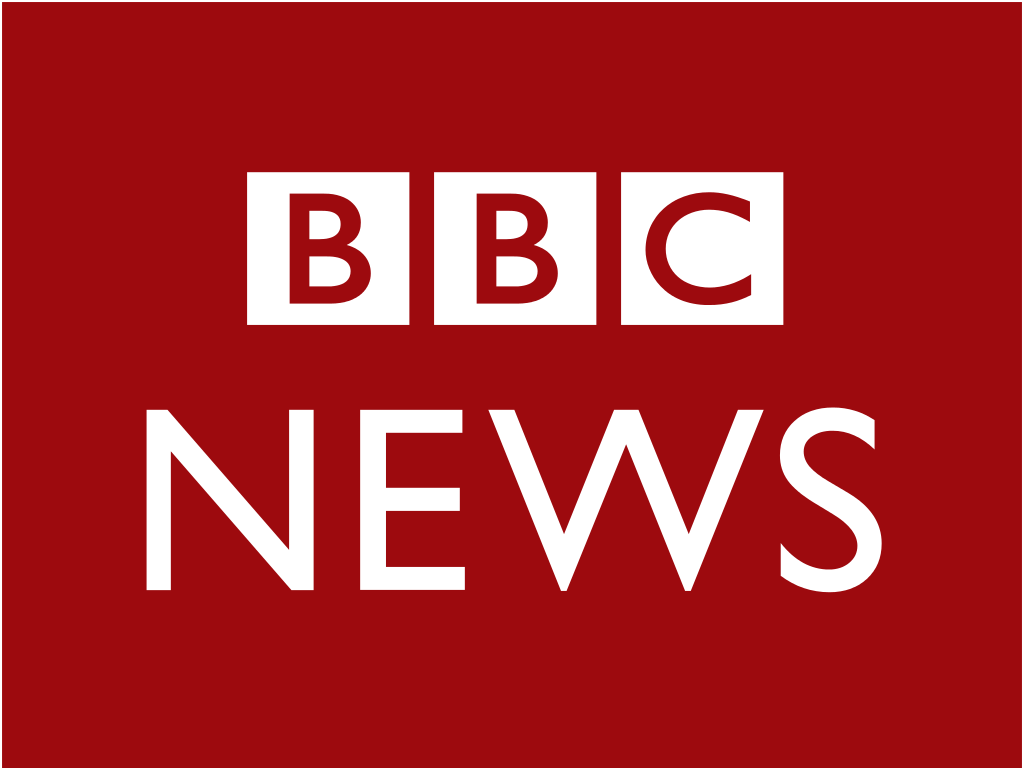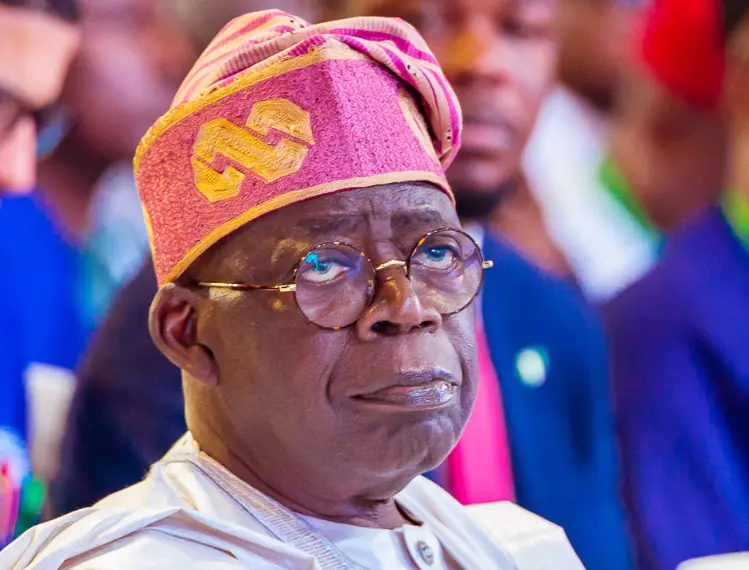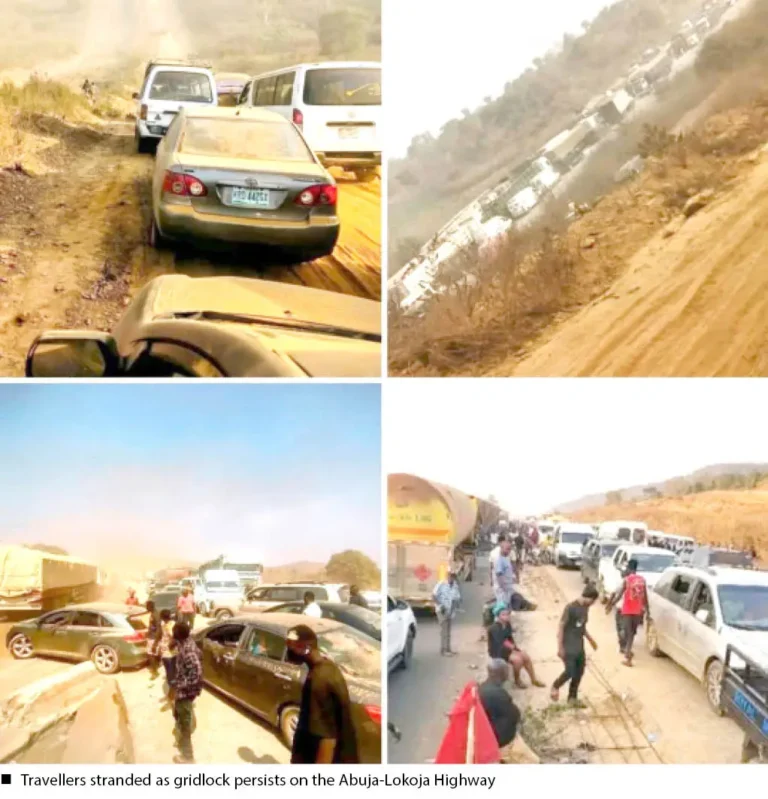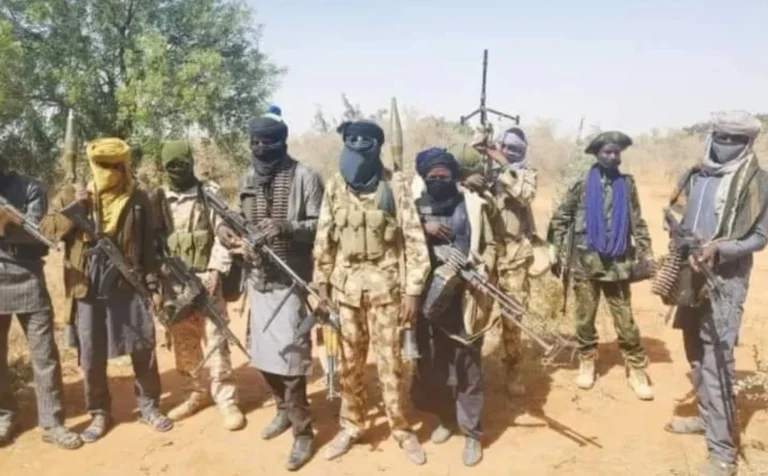
Two prominent staff of the British Broadcasting Corporation (BBC) resigned on Sunday. The Director General, Tim Davie and the Head of News, Deborah Turness resigned following public criticism over dishonest editing of President Donald Trump’s speech of January 6, 2021.
In a BBC documentary, “Panorama”, they make Trump appear to be explicitly inciting the Capitol Hill riot of January 6, 2021.
Trump’s original speech in Washington DC on January 6, 2021, was: “We’re going to walk down to the Capitol, and we’re going to cheer on our brave senators and congressmen and women.”
However, in the Panorama edit created by Davies and Turness, Trump was shown saying: “We’re going to walk down to the Capitol… and I’ll be there with you. And we fight. We fight like hell.”
Several reports on Sunday noted that the two sections that were stitched together were originally more than 50 minutes apart.
Trouble started in BBC some days ago when Britain’s Daily Telegraph newspaper published a leaked BBC’s internal memo which contained this information. Pressure on the top executives grew until their resignation on Sunday.
Before this became a public knowledge, complaints were raised within the BBC on the ethical implications of dishonest editing, and the BBC commenced investigation. It is important to note that the BBC did not let this slide. It found out that the edit wasn’t just a technical misstep. It was an ethical breach, one that shook public trust. The backlash was swift.
The lesson here is not about the individuals removed from their roles. It is about the system that demanded accountability, enforced transparency, and held the very guardians of public information responsible for their actions. The public didn’t shrug. Regulators didn’t hide. The institution didn’t wait for decline in trust before acting. A mistake was made, and the consequences were real.
This is how a media ecosystem protects itself. It acknowledges power, recognises responsibility, and welcomes scrutiny.
When conversations about national development take the stage, the media often appears as the referee, not the player. It stands in the centre of the arena pointing out who is wrong, who must do better, and who should face consequences. But every referee is still human, and every institution, no matter how respected, can fail. This is why the recent resignations at the BBC should echo far beyond the walls of the organisation. They offer a global reminder that the media is not above scrutiny. In fact, for a society to thrive, the media must be held accountable just as it holds others accountable.
The media is not just another profession; it is the circulatory system of public knowledge. It shapes how citizens understand the economy, interpret politics, and decide who deserves trust. It can elevate a nation’s hopes or drown its progress under waves of misinformation.
If a doctor misdiagnoses a patient, the damage may be limited to one life. But when a media house distorts facts, misrepresents events, or weaponises information, the damage spreads like wildfire. Policies can crumble. Elections can warp. Communities can fracture. Markets can shake. That power demands responsibility. Not as an optional virtue, but as the foundation of public trust.
Let us bring this home to Nigeria’s media landscape. The media industry in Nigeria is vibrant, diverse, and energetic. It has helped expose corruption, amplify social movements, and challenge government overreach. Yet, alongside these achievements lie troubling patterns such as deliberate distortion of facts to serve political agendas; careless reporting that inflames ethnic and religious tensions; partisan commentary masquerading as journalism; editors and public commentators who twist narratives to suit personal or ideological goals.
These practices don’t happen in the shadows. They occur on national channels, in major newspapers, and across digital platforms. Yet, unlike in the BBC example, consequences rarely follow.
Public criticisms often fade under the chant of “press freedom.” And indeed, press freedom is essential. No democracy survives without it. But press freedom is not a shield for irresponsibility. It is a right that carries duties.
The foundational axiom of journalism has never changed: Freedom of the press must be accompanied by social responsibility. Social responsibility means verifying facts before publishing; avoiding sensationalism; correcting errors promptly; maintaining neutrality where required and prioritizing public interest over personal or political gain.
These principles are not decorative slogans. They are the rails that keep a media ecosystem from derailing a nation’s development.
The BBC acted firmly because these principles were violated. Nigeria must learn from this.
Every developing country talks about the need for better institutions, better leadership, and better governance. Yet one of the most critical institutions is often left out of the accountability conversation: the media.
A nation cannot progress if the citizens do not have trustworthy information. No nation progresses when public debates are fueled by distortion, and political decisions shaped by manipulated narratives. Nigeria will not make a headway if communities, faith groups and sects are turned against one another by careless reporting.
If development is a building, the media is the blueprint. A flawed blueprint will always create a flawed structure.
Nigeria has a lot to learn from this BBC saga. The question is not whether the media should hold the government accountable. That is non-negotiable. The question is whether the people are willing to hold the media accountable when it betrays the trust placed in it.
Nigeria needs stronger regulatory oversight that respects freedom but enforces responsibility. There must be media industry-led watchdog mechanisms similar to international ombudsman models, professional penalties for repeated ethical violations.
We must build a culture where editors and journalists answer for deliberate misinformation and grow the public that recognises that it can demand the truth, not just consume whatever is given.
Media responsibility should not be seen as censorship. Accountability is not oppression. It is the backbone of trust. The resignations at the BBC prove one thing clearly: no media institution is too powerful to face consequences. And when accountability is swift and transparent, public trust grows stronger.
Nigeria, like every developing nation, cannot afford a media landscape driven by unchecked personal agendas. Development needs integrity. Democracy needs truth. Citizens need clarity.
The media must continue to be free. The media must continue to be powerful. But above all, the media must be responsible and accountable. Only then can it truly help build the nation it seeks to inform.
Okoronkwo, PhD, is a journalist and public relations executive
DAILY TRUST.




